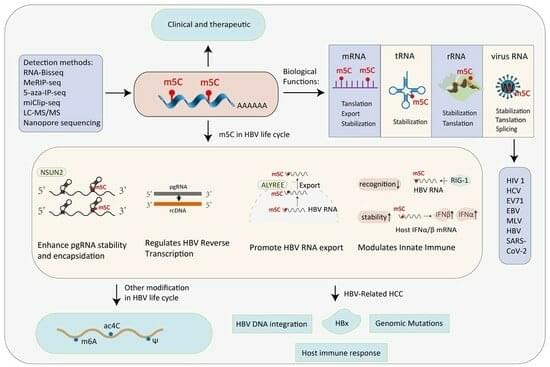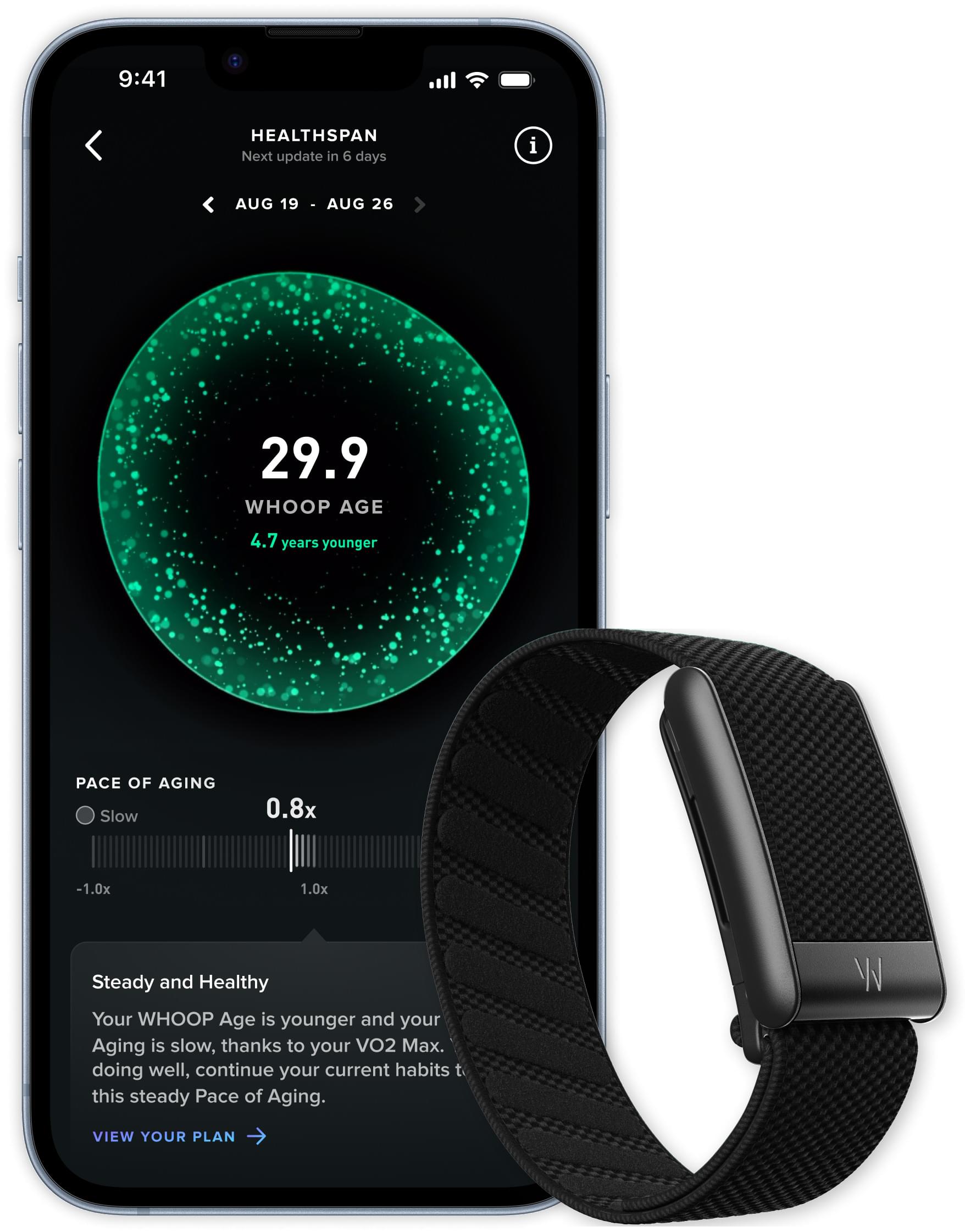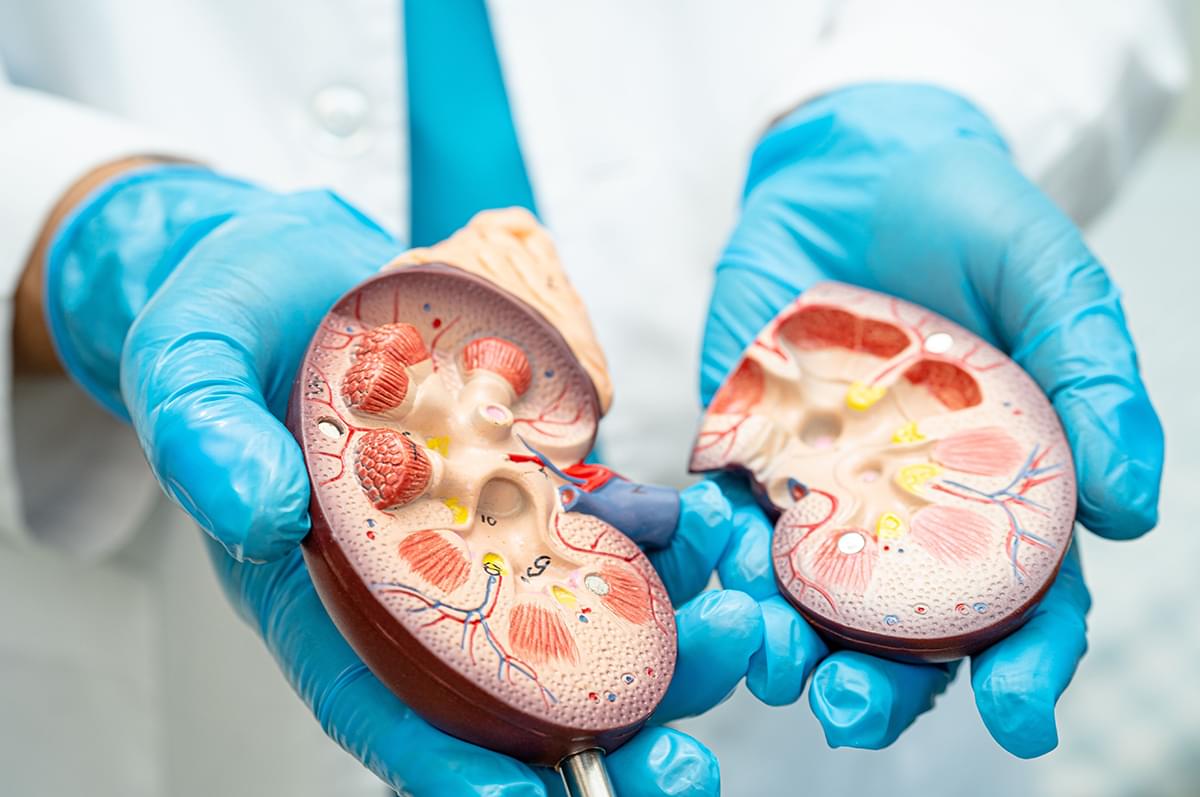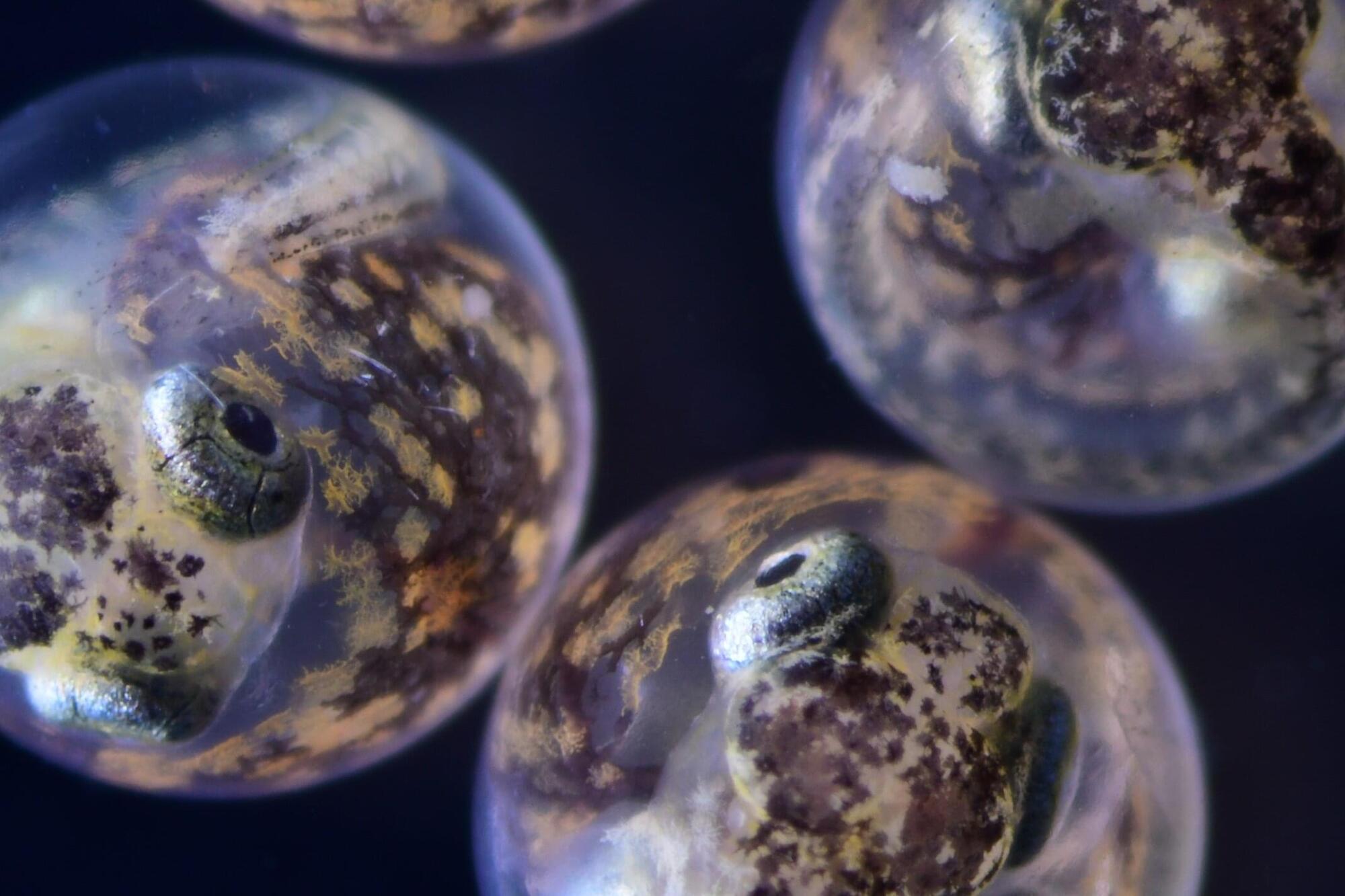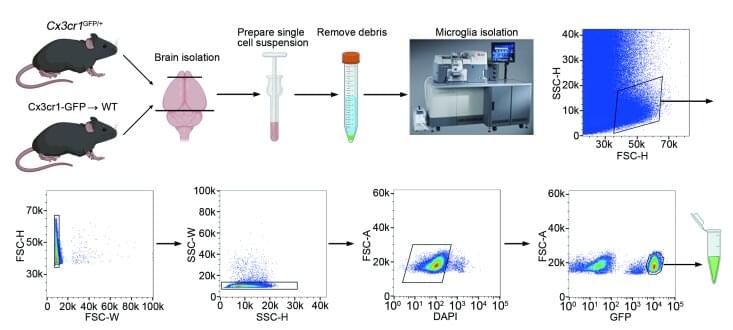GPT-5, our newest flagship model, represents a substantial leap forward in agentic task performance, coding, raw intelligence, and steerability.
While we trust it will perform excellently “out of the box” across a wide range of domains, in this guide we’ll cover prompting tips to maximize the quality of model outputs, derived from our experience training and applying the model to real-world tasks. We discuss concepts like improving agentic task performance, ensuring instruction adherence, making use of newly API features, and optimizing coding for frontend and software engineering tasks — with key insights into AI code editor Cursor’s prompt tuning work with GPT-5.
We’ve seen significant gains from applying these best practices and adopting our canonical tools whenever possible, and we hope that this guide, along with the prompt optimizer tool we’ve built, will serve as a launchpad for your use of GPT-5. But, as always, remember that prompting is not a one-size-fits-all exercise — we encourage you to run experiments and iterate on the foundation offered here to find the best solution for your problem.



